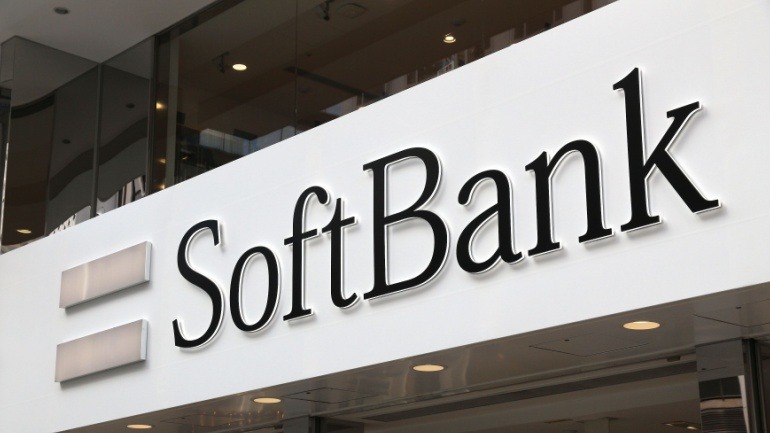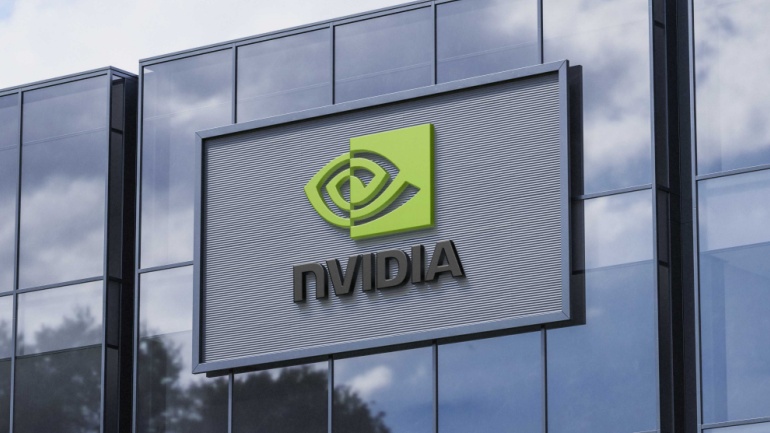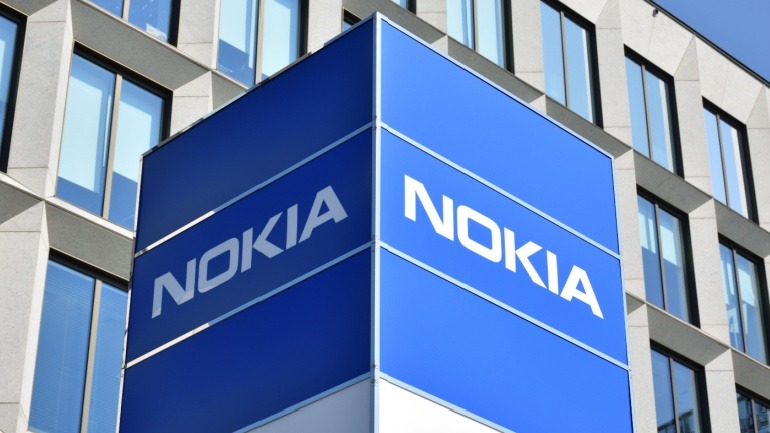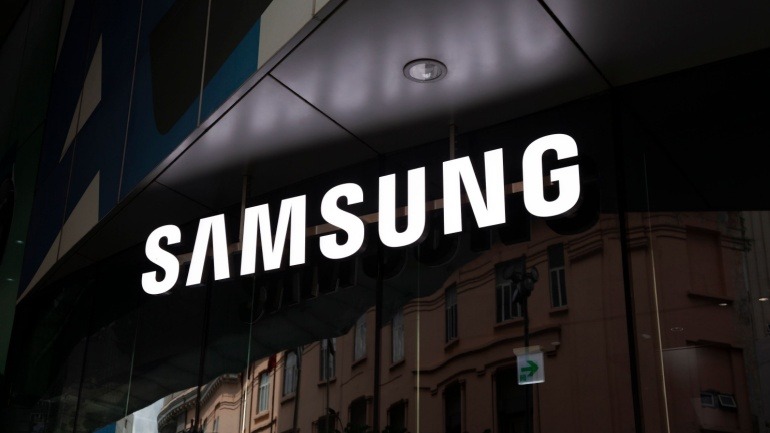2025 marked a transformative era for the Test and Measurement sector, with groundbreaking advancements from orbital data centers to photonic AI satellites. A crucial highlight was Vodafone’s collaboration for 5G SA networks, enhancing telecom with automated software. Emerging markets like AI data centers and satellite communications experienced a notable focus shift.
Open RAN’s evolution is critical for the voip landscape, aiming to create a flexible, multi-vendor network system. However, achieving energy efficiency and convincing Communications Service Providers to embrace Open RAN over existing infrastructure remains challenging. As AI-native RAN and automation advance, industry collaboration is crucial to navigate complexities and drive Open RAN success.
SoftBank and Nokia’s successful 7GHz 6G trials in Tokyo revolutionize urban connectivity, showcasing 7GHz’s promise in dense environments. These groundbreaking tests highlight the frequency’s remarkable performance, especially for telecom operators eyeing the surging data demands of AI-driven services. With consistent high-quality connectivity across urban areas, 7GHz emerges as a pivotal asset for future-proofing 6G infrastructure.
The GSMA highlights a pressing need for more spectrum to enable 6G network expansion. By the mid-2030s, urban areas might require an additional 2-3 GHz in mid-band spectrum to support burgeoning demands driven by new technologies like extended reality and autonomous vehicles, as well as existing mobile services such as video streaming and gaming.
Discover the future of telecom with exciting trends set to reshape the VoIP landscape by 2026. From AI-driven automation enhancing customer interactions to the integration of MVNOs and Travel eSIMs boosting global connectivity, these innovations promise to revolutionize the industry. Operators, vendors, and investors must embrace these transformative forces for growth.
Cisco’s recent integration of AI with telecommunications introduces the N9100 series switch, incorporating NVIDIA Spectrum-X technology. This innovation signals a shift in AI-ready data centers, notably enhancing VOIP infrastructure. By leveraging flexible operating models, Cisco empowers enterprises and telecom providers to scale their AI networks efficiently, addressing emerging connectivity challenges.
Ericsson, Nokia, and Fraunhofer HHI are pioneering advances in video coding for the 6G era, focusing on enhancing media experiences and mobile video efficiency. Aimed at revolutionizing digital media, their new codec provides superior compression, energy efficiency, and scalability, setting the stage for high-efficiency streaming and immersive formats.
Samsung and SoftBank have joined forces to pioneer next-generation communications technology research, focusing on 6G and AI-driven Radio Access Networks (RAN). This strategic collaboration aims to revolutionize telecom technology by leveraging Samsung’s research expertise and SoftBank’s network deployment prowess. As the industry progresses towards 6G, integrating AI in telecom systems promises enhanced efficiency, user experience, and network optimization.
Verizon is leading an initiative to establish a 6G alliance with major telecom influencers. This aims to strategically define 6G capabilities and innovative applications, avoiding chaotic development. Key players like Ericsson, Samsung, and Nokia join forces with Verizon to shape the future, ensuring 6G networks power real-time AI and smart city solutions.
The United Kingdom is set to supercharge its computing capabilities with a target of 6 gigawatts of AI-capable data center capacity by 2030. The ambitious Compute Roadmap aims to redefine current infrastructures, heavily focused on general workloads, to support cutting-edge AI applications.













